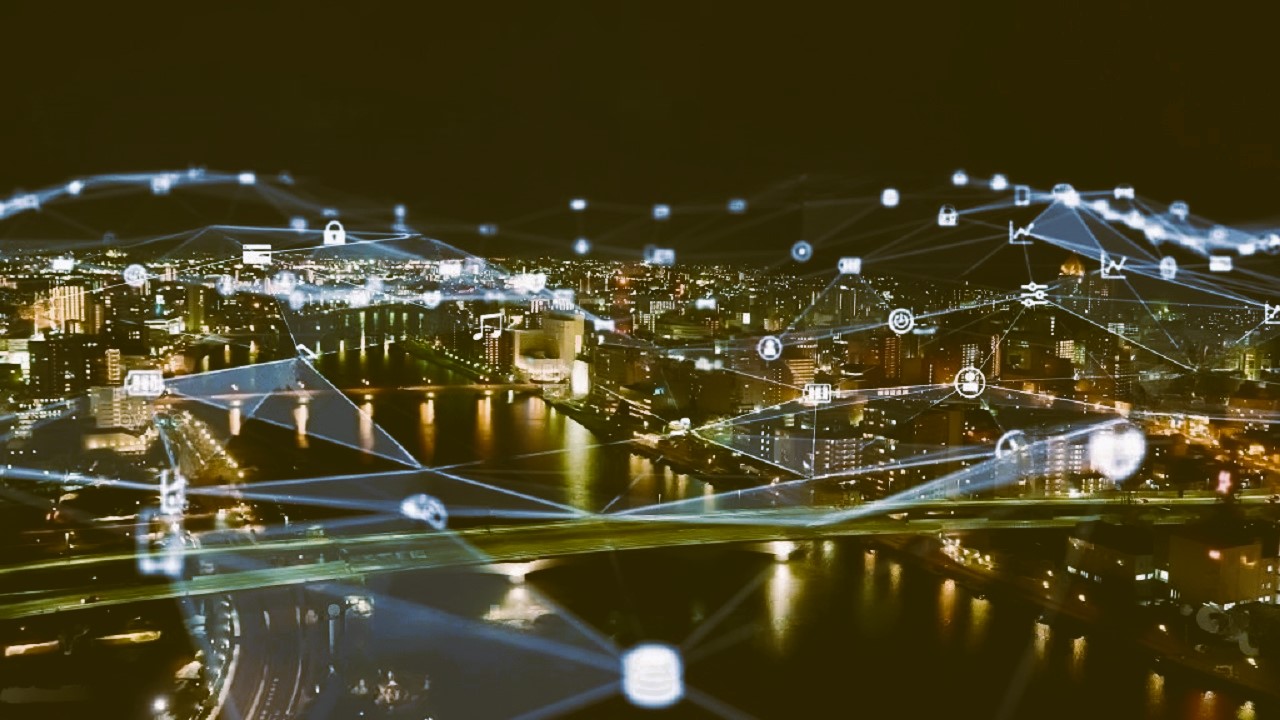The Internet of Things: Unlocking the Potential of a Connected World
Unlocking the Potential of a Connected World: Exploring the Benefits and Challenges of the Internet of Things, Its Impacts on Various Industries, and the Importance of Addressing Security, Standardization, and Privacy Concerns for a Safe and Responsible Use of IoT Technology.

The Internet of Things (IoT) is a rapidly growing network of connected devices that are capable of communicating with each other through the Internet. These devices range from smartphones and laptops to home appliances, cars, and even industrial machines. The IoT has the potential to transform the way we live, work, and interact with the world around us.
One of the most significant benefits of the IoT is the ability to collect and analyze data in real time. This data can be used to optimize processes, reduce waste, and improve efficiency in various industries. For example, in the healthcare industry, IoT devices can be used to monitor patients remotely and alert healthcare providers of any changes in their condition. In manufacturing, IoT sensors can be used to monitor equipment and identify potential maintenance issues before they become more significant problems.
The IoT also has the potential to improve our daily lives through smart homes and cities. Smart home devices such as thermostats, lighting, and security systems can be controlled remotely through smartphones, making homes more energy-efficient and secure. In smart cities, IoT sensors can be used to monitor traffic, reduce energy consumption, and improve public safety.
The IoT also presents new opportunities for businesses to engage with customers. For example, retailers can use IoT technology to track customer behavior and provide personalized recommendations and offers. In the hospitality industry, hotels can use IoT devices to offer guests personalized experiences, such as adjusting room temperature and lighting preferences.
However, with the benefits of the IoT come significant challenges. One of the most significant challenges is ensuring the security of the network. As more devices are connected, there is a higher risk of cyber-attacks and data breaches. The risk is particularly high in industries that deal with sensitive information, such as healthcare and finance. It is essential to ensure that adequate security measures are in place to protect against potential threats.
Another challenge is the standardization of IoT devices and protocols. With so many different devices and protocols available, it can be challenging to ensure that they can communicate with each other effectively. This can lead to fragmentation and limit the potential of the network. Efforts are being made to establish industry-wide standards and protocols to ensure interoperability and compatibility across different devices.
Privacy is another concern with the IoT. With the collection and analysis of vast amounts of data, there is a risk that personal information may be compromised. It is important to establish clear guidelines and regulations to protect the privacy of individuals and ensure that their data is being used responsibly.
In conclusion, the Internet of Things presents significant opportunities for businesses and individuals alike. From optimizing processes and improving efficiency to enhancing our daily lives through smart homes and cities, the potential of the IoT is vast. However, with this potential comes significant challenges, including security, standardization, and privacy concerns. It is essential to address these challenges proactively and establish clear guidelines and regulations to ensure that the IoT is used responsibly and safely. The IoT has the potential to transform the way we live and work, and unlocking its full potential will require collaboration and innovation across various industries.










